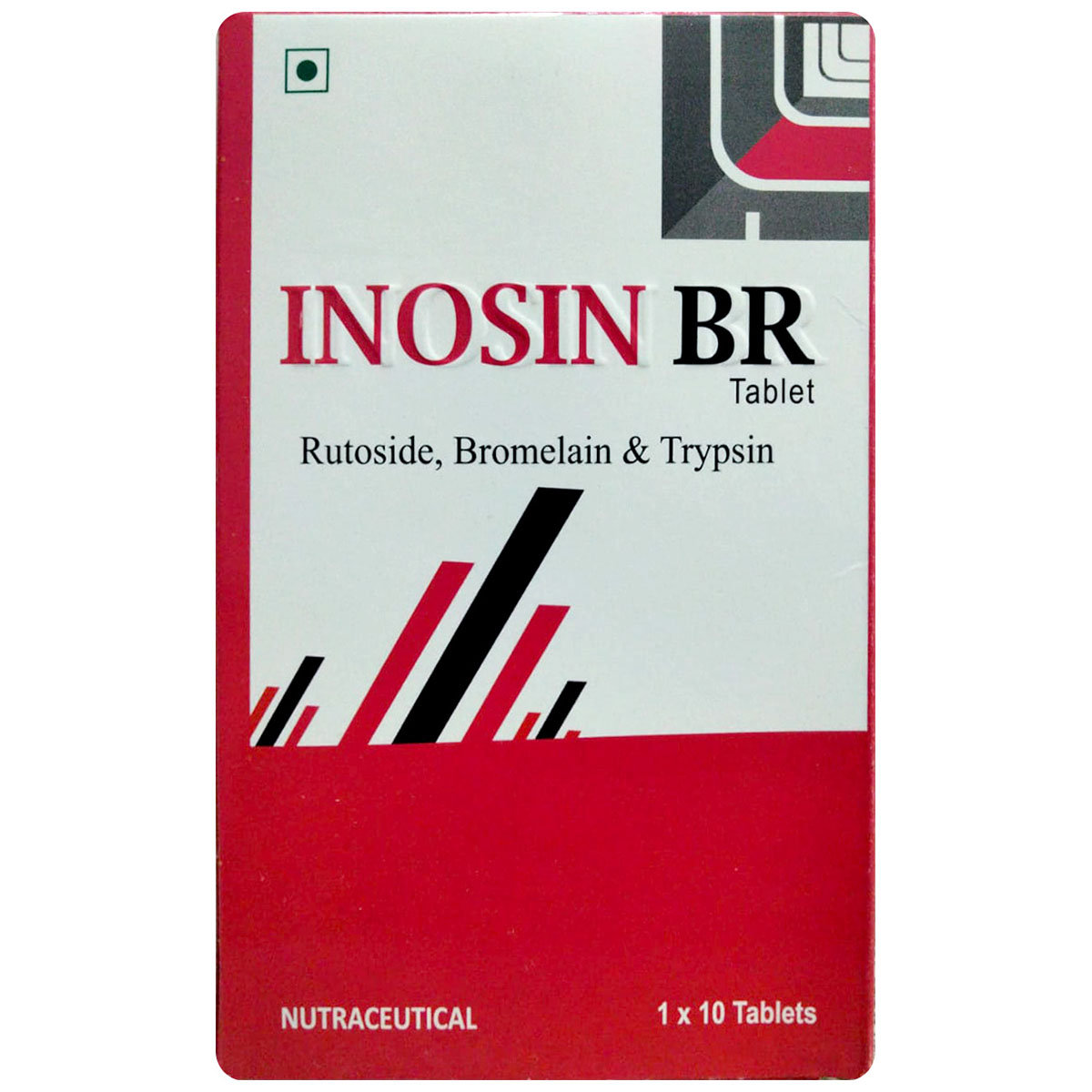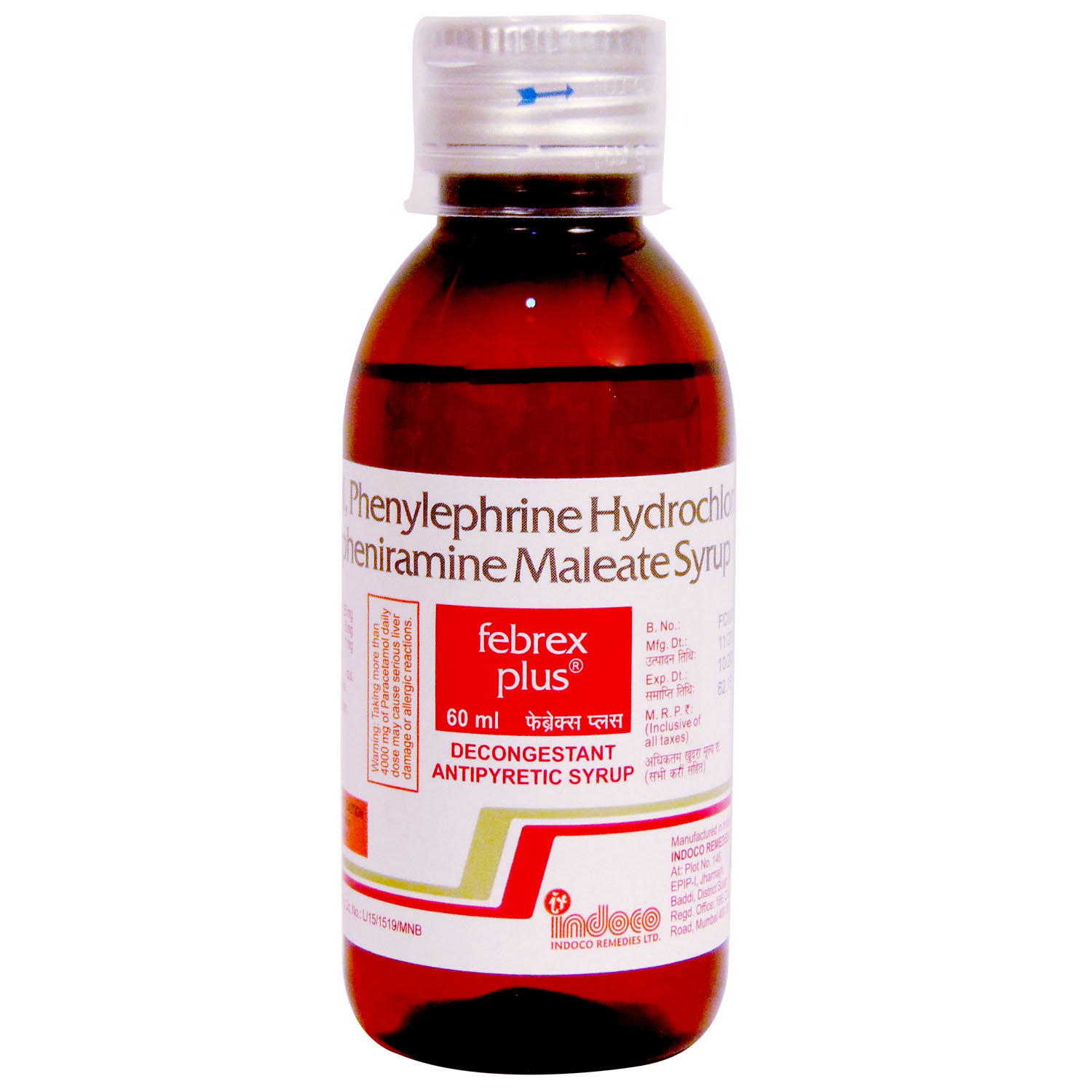- Home
- Health Condition
Medicine For Dengue Fever
Medicine For Dengue Fever
- Total Items (367)
 RX
RXChymo-DS Tablet 10's
₹187.50
 RX
RXEriflam-DS Tablet 10's
₹470.50
 RX
RXEnzolone Tablet 10's
₹152.50
 RX
RXEnzobliss Tablet 10's
₹514.50
 RX
RXEasodyne Forte Tablet 10's
₹168.50
 RX
RXCT-Forte 100K Tablet 20's
₹243.50
 RX
RXGO Nzymes Tablet 10's
₹215.50
 RX
RXJesbrosin Tablet 10's
₹168.50
 RX
RXChymo-DS Tablet 10's
₹187.50
 RX
RXEriflam-DS Tablet 10's
₹470.50
 RX
RXEnzolone Tablet 10's
₹152.50
 RX
RXEnzobliss Tablet 10's
₹514.50
 RX
RXEasodyne Forte Tablet 10's
₹168.50
 RX
RXCT-Forte 100K Tablet 20's
₹243.50
 RX
RXGO Nzymes Tablet 10's
₹215.50
 RX
RXJesbrosin Tablet 10's
₹168.50
Medicine for Dengue Fever: A Detailed Guide
Dengue fever is a mosquito-borne viral infection that causes flu-like symptoms, including high fever, severe headaches, joint and muscle pain, skin rashes, and, in severe cases, internal bleeding and shock. It is transmitted by the Aedes mosquito and is prevalent in tropical and subtropical regions. Although there is no specific antiviral treatment for dengue, symptom management is crucial for recovery. Medicines for dengue fever help in alleviating pain, reducing fever, preventing complications, and improving the body's ability to fight the infection.
Types of Medicines Used for Dengue Fever
Dengue fever requires supportive care, and various medications are used to manage symptoms and prevent severe complications. The main types of medicines include:
1. Antipyretics (Fever-Reducing Medicines) Dengue fever is characterised by a high temperature, which can lead to dehydration and complications if left unmanaged. Antipyretics help lower fever and provide relief from discomfort.
- Paracetamol (Acetaminophen): The most commonly recommended fever-reducing medicine for dengue. It is safe and effective in lowering fever and relieving body pain.
- Avoid Ibuprofen and Aspirin: These medications are not recommended as they can increase the risk of bleeding, which is a major complication of dengue.
2. Pain Relievers (Analgesics) Dengue fever causes severe muscle, joint, and bone pain, often referred to as "breakbone fever." Pain relievers help in reducing discomfort.
- Paracetamol: Apart from lowering fever, it also provides relief from body pain and headaches.
- Acetaminophen-based pain relievers: These are safe for dengue patients and help in managing pain without increasing the risk of bleeding.
3. Oral Rehydration Solutions (ORS) and Electrolytes Dehydration is a major concern in dengue fever due to high fever and reduced appetite. Proper hydration helps prevent complications and supports recovery.
- ORS (Oral Rehydration Salts): Helps replenish lost fluids and electrolytes, preventing dehydration.
- Coconut Water: A natural electrolyte booster that helps maintain hydration levels.
- Homemade Salt-Sugar Solution: A simple yet effective way to maintain fluid balance in the body.
4. Platelet Supportive Medicines In severe cases of dengue, platelet levels drop drastically, increasing the risk of internal bleeding. While there is no specific medicine to directly increase platelet count, certain supplements help in boosting platelet production and strengthening immunity.
- Papaya Leaf Extract: Rich in enzymes that are believed to help improve platelet production.
- Giloy (Tinospora Cordifolia): Known for its immune-boosting properties, it helps in reducing dengue symptoms and improving platelet count.
- Wheatgrass Juice: Contains chlorophyll, which helps in increasing blood cell count and improving immunity.
5. Antihistamines (For Itching and Rashes) Some dengue patients experience severe skin rashes and itching due to an immune system response to the virus. Antihistamines help in managing these symptoms.
- Loratadine: A non-drowsy antihistamine that helps in relieving rashes and itching.
- Cetirizine: Commonly used to reduce allergic reactions and skin discomfort.
6. Multivitamins and Immunity Boosters Supporting the immune system during dengue fever is essential for a faster recovery. Certain vitamins and supplements help in strengthening the body's defence mechanism.
- Vitamin C: Helps in improving immunity and reducing inflammation.
- Vitamin B12 and Folic Acid: Essential for red blood cell production and overall recovery.
- Zinc Supplements: Aids in immune function and supports faster healing.
Benefits of Using Medicines for Dengue Fever
While there is no specific cure for dengue, managing symptoms with the right medications can prevent complications and speed up recovery. The main benefits of using medicines for dengue fever include:
- Reduction of Fever and Pain: Paracetamol effectively lowers fever and relieves muscle pain, making the patient more comfortable. Fever management is crucial in dengue, as prolonged high temperatures can lead to excessive dehydration and worsen overall health conditions.
- Prevention of Dehydration: ORS and electrolyte solutions help maintain hydration levels and prevent complications like low blood pressure and shock. Dehydration in dengue can be severe due to persistent fever, excessive sweating, and loss of appetite, making rehydration an essential part of recovery.
- Improved Platelet Count: Herbal supplements like papaya leaf extract and giloy contribute to better platelet production, which is vital in preventing severe complications such as internal bleeding and hemorrhagic manifestations. Maintaining a stable platelet count reduces the risk of hospitalization and critical medical intervention.
- Relief from Skin Rashes and Itching: Antihistamines help in reducing the discomfort associated with dengue rashes, which can be extremely irritating for patients. Managing itching effectively prevents unnecessary scratching and reduces the risk of secondary infections caused by broken skin.
- Enhanced Immunity and Faster Recovery: Multivitamins and zinc play a role in strengthening the immune system and promoting healing. A strong immune response helps the body fight the dengue virus more effectively, leading to a quicker recovery and reducing the chances of post-viral fatigue.
- Prevention of Severe Complications: By taking the right medications at the right time, dengue symptoms can be managed effectively, preventing conditions like dengue hemorrhagic fever (DHF) and dengue shock syndrome (DSS), which can be life-threatening.
- Support for Overall Well-Being: Managing symptoms with the right medicines ensures that patients remain comfortable throughout their recovery period. Proper symptom relief allows patients to regain strength faster and reduces the duration of post-dengue weakness and fatigue.
Dosage & Usage Instructions of Medicines for Dengue Fever
The dosage and usage of medicines for dengue fever vary based on the severity of symptoms, the patient’s age, and individual health conditions. It is essential to follow a doctor’s recommendations to ensure safe and effective treatment. Below are general usage guidelines:
Paracetamol (Acetaminophen)
Used to reduce fever and relieve body pain, paracetamol should be taken in moderation as advised by a healthcare professional. Overuse should be avoided to prevent liver damage.
Oral Rehydration Solutions (ORS) & Hydration Support
Hydration is critical in dengue fever to prevent dehydration caused by fever and reduced appetite. ORS, coconut water, and homemade salt-sugar solutions help replenish lost fluids and electrolytes. Patients should consume fluids in small, frequent sips throughout the day to maintain hydration.
Platelet Supportive Medicines
Certain herbal supplements like papaya leaf extract, giloy juice, and wheatgrass juice are believed to support platelet production and boost immunity. These should be taken in recommended amounts under medical guidance.
Antihistamines
For managing itching and rashes, antihistamines such as loratadine and cetirizine may be prescribed. Patients should take these medications as directed by their doctor.
Multivitamins & Immunity Boosters
Vitamin C, zinc, and other essential nutrients help strengthen immunity and promote faster recovery. These supplements should be taken in appropriate amounts as part of a balanced diet or as recommended by a healthcare professional.
Since the dosage and response to medications can vary from person to person, you should consult a doctor for a tailored treatment plan and regular monitoring during your recovery.
Buy Medicines for Dengue Fever Online at Apollo 24|7
If you are looking for reliable and convenient access to medicines for dengue fever, Apollo 24|7 offers a wide range of fever-reducing medications, oral rehydration solutions, platelet-supportive supplements, and immunity boosters. You can easily order online and have them delivered to your doorstep. The platform also provides expert medical advice to ensure safe and effective treatment options.
Frequently asked questions
No, antibiotics do not work against dengue since it is caused by a virus, not bacteria. Treatment focuses on symptom management. Using antibiotics unnecessarily may contribute to antibiotic resistance, making future bacterial infections harder to treat.
Dengue fever typically lasts between 5 to 10 days, with most patients recovering within two weeks. However, some individuals may experience prolonged fatigue and weakness even after the fever subsides, which can last for several weeks. It is essential to get adequate rest and maintain proper hydration to speed up recovery.
Seek medical attention if you experience severe symptoms such as persistent vomiting, severe abdominal pain, bleeding gums, rapid breathing, or a sudden drop in blood pressure. Additionally, if the fever does not subside within five days or you notice unusual bruising or blood in stools, consult a doctor immediately as these could indicate severe dengue complications.
No, ibuprofen and aspirin should be avoided as they can increase the risk of bleeding complications. Dengue can cause a drop in platelet levels, which makes the blood less likely to clot. Taking ibuprofen or aspirin can worsen this condition, increasing the risk of internal bleeding and hemorrhagic manifestations.
Eat light, nutritious meals such as fruits, soups, and easily digestible foods. Hydration is key, so drink plenty of fluids. Foods rich in vitamin C, such as oranges, papayas, and kiwis, help boost immunity. Iron-rich foods like spinach and pomegranates may help in maintaining hemoglobin and platelet levels. Avoid oily, spicy, and heavy foods that may burden digestion during recovery.


